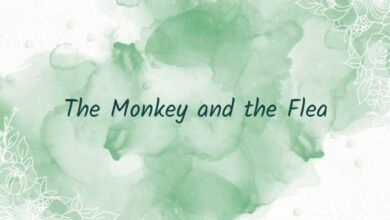This Week on the Lit Hub Podcast: Borne Back Ceaselessly Into The Gatz

A weekly behind-the-scenes dive into everything interesting, dynamic, strange, and wonderful happening in literary culture—featuring Lit Hub staff, columnists, and special guests! Hosted by Drew Broussard.
It’s a big episode this week, because it is raining in New York (finally!) and we just have a lot of cool stuff to share.
• Jessie Gaynor drops in to chat about having ChatGPT attempt classic poetry and the dangers of AI-assisted art
• Drew talks with The Public Theater’s Jack Phillips Moore about the latest revival of Gatz, a verbatim adaptation of The Great Gatsby
• Jonny Diamond celebrates a year of literary assholes with Kristen Arnett and drops a live “Am I the Literary Asshole?” question on our columnist
The Lit Hub Podcast is a production of Lit Hub Radio and is available wherever you get your podcasts; music by Dani Lencioni of Evelyn; Engineering and production by Stardust House


